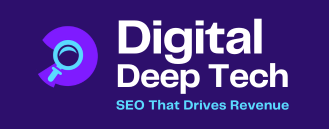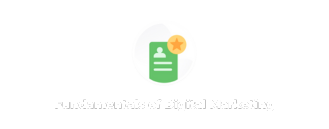What is SEO? A Beginner's Overview
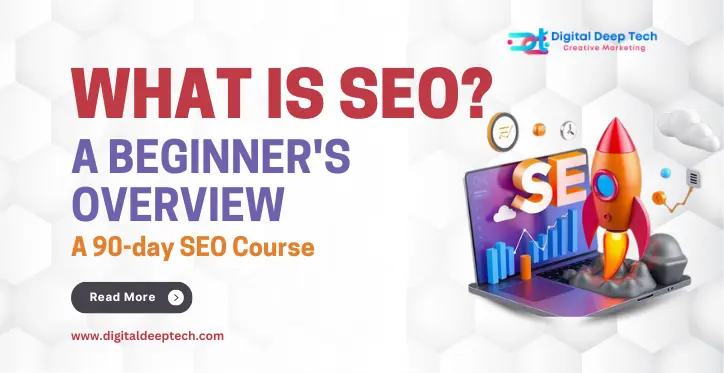
Table of the content
Introduction
Welcome to first lesson in our 90-day SEO course! Today we’re diving into one of the most important questions any novice entering the digital marketing world: what is SEO? Whether you’re a business owner, freelancer, or just curious about digital marketing, understanding SEO is the key to growing your online presence.
SEO, or Search Engine Optimization, is the way through which websites are found on search engines like Google. But it’s much more than just keywords and rankings. I am Deepak Sharma, a local SEO expert and founder of Digital Deep Tech, and over years, I have helped businesses rank highly and attract organic traffic across the globe. I’ve seen the best, the worst, and downright awful side of SEO, and today, I’ll write everything I learned to guide you through your journey.
By the end of this blog, you’ll gain a solid knowledge of what SEO is, but also more importantly, why it matters now more than ever to get you ahead on the web. I’ll take you through actionable ways you can begin optimizing your own site.
What is SEO?
SEO, short for Search Engine Optimization, is the improving of how a website or web page ranks in search engines by unpaid results; the words “natural,” “organic,” or “earned” are also used to refer to such results.
In the context of simpler terms, let’s think of Google as a library. Every website is considered a book in that library. When users search for something, Google determines which book is most relevant to the users for the search. In simple terms, SEO is how you make sure your “book” is at the top of the stack.
So when I started out in SEO, my initial vision was an easy one: simply use the right keywords. Boy was that wrong. SEO involves so much more than that, and with how it all built, it’s easy to see how-and why-SEO involves optimizing everything from content and structure to links and page speed, and whether or not your site is mobile-friendly at all. Each of these things tell search engines how useful and relevant your content really is and, consequently, will go on to impact your ranking.
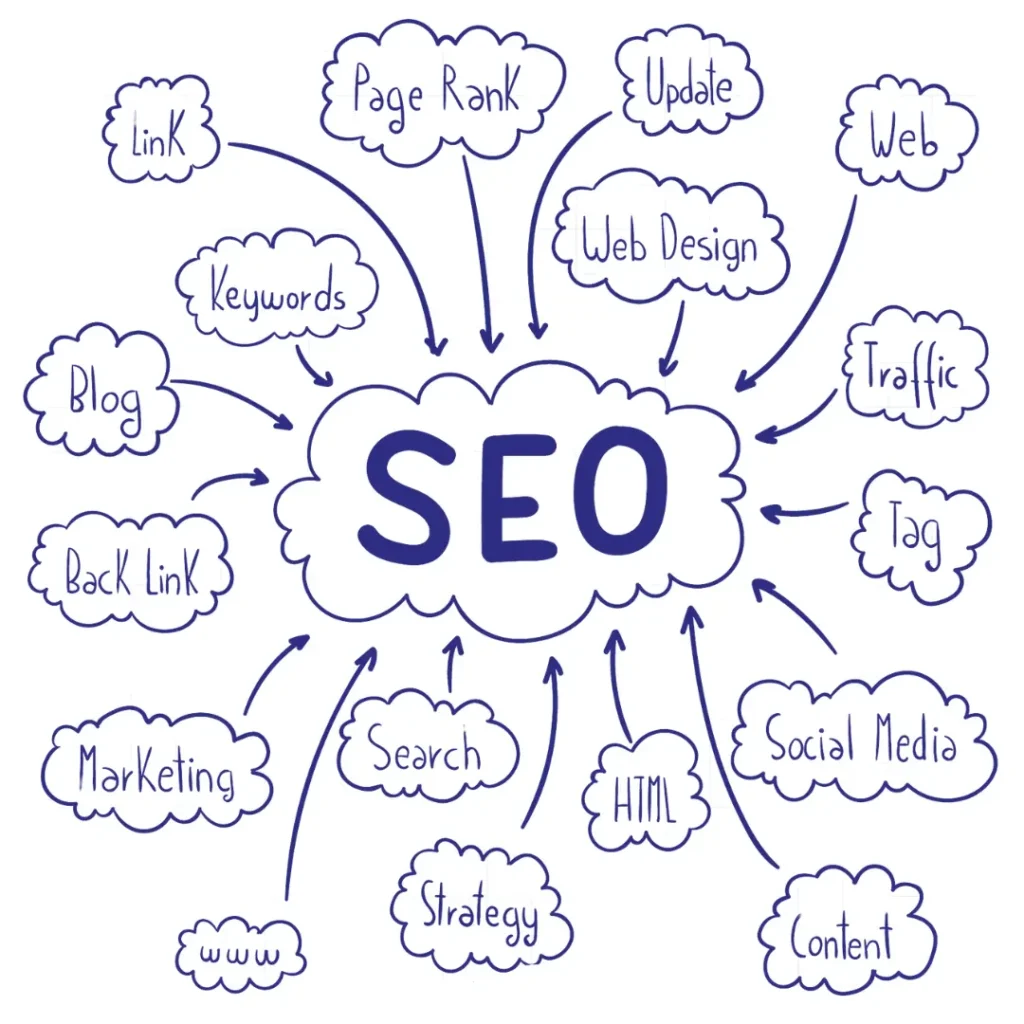
Why is SEO Important for Beginners?
As I was saying, SEO is the basis of visibility online. But why should beginners care? Well, think this: 93 percent of online experiences begin with a search engine. If a website isn’t optimized for a search engine, most of that potential visitor and customer audience is left unexploited.
I have worked with small businesses that were totally invisible online before we started doing SEO. For instance, one roofing company was existing for 13 years. They had never ranked for anything local.
We optimized their on-page SEO elements, ensured they were optimized in Google My Business, and secured several high-quality backlinks. They have already risen from 50 visits per month to more than 1,000 per month within six months, all without running a single paid ad. This is the possibility of SEO done correctly.
Why SEO Matters (Data-Driven Insights)
- 70% of marketers find SEO to be more effective than PPC, or pay-per-click advertising.
- 53% of all website traffic comes from organic search.
- 75% of users never scroll past the first page of Google search results. If you’re not on the first page, you’re virtually invisible to most of your audience.
The translation of SEO for a beginner would probably be like having a map in a foreign city. Lost in a foreign city without a map? You are lost. With a map, you know exactly where you are going and how to get there.
Key Concepts and Terms of SEO
Keywords In other words, keywords are just those terms or phrases that the users might search for when they’re looking for anything. For instance, if a user is looking for the best pizza in Sydney, then the phrase best pizza in Sydney is the keyword.
The more optimized your content is for the appropriate keywords, the more possible your site will turn up on the searches for a keyword.
- On-page SEO: This is about optimizing the content and the HTML source code of your website. It speaks of elements such as meta tags, internal linking, URL structure, and keyword optimization. You should always tell your clients this: “Think of on-page SEO as grooming your storefront.”
- Off-page SEO: it is an off-site practice basically focused on link building by producing backlinks from other relevant sites. The ultimate objective is that backlinks will act like a vote of confidence between websites, transmitting to the search engines that the content is worthy.
- Technical SEO: Make the behind-the-scenes architecture of your website better. That’s when you ensure site loading speed, code clarity and error-free code. That makes such a vast difference, just as it often does in a local SEO expert like myself.
- SERPs: Shorthand for Search Engine Results Pages, referring to the pages a search engine actually displays when a query is entered. Ranking well on SERPs is important because, according to various analyses, most users scroll only up to the first page.
- Organic Traffic: This refers to visitors coming to your website via unpaid search results rather than via paid advertisements.
- Backlinks: These are links from other websites to yours. A good link coming from a trusted source such as a news outlet or industry leader can boost the level of SEO on your website much.
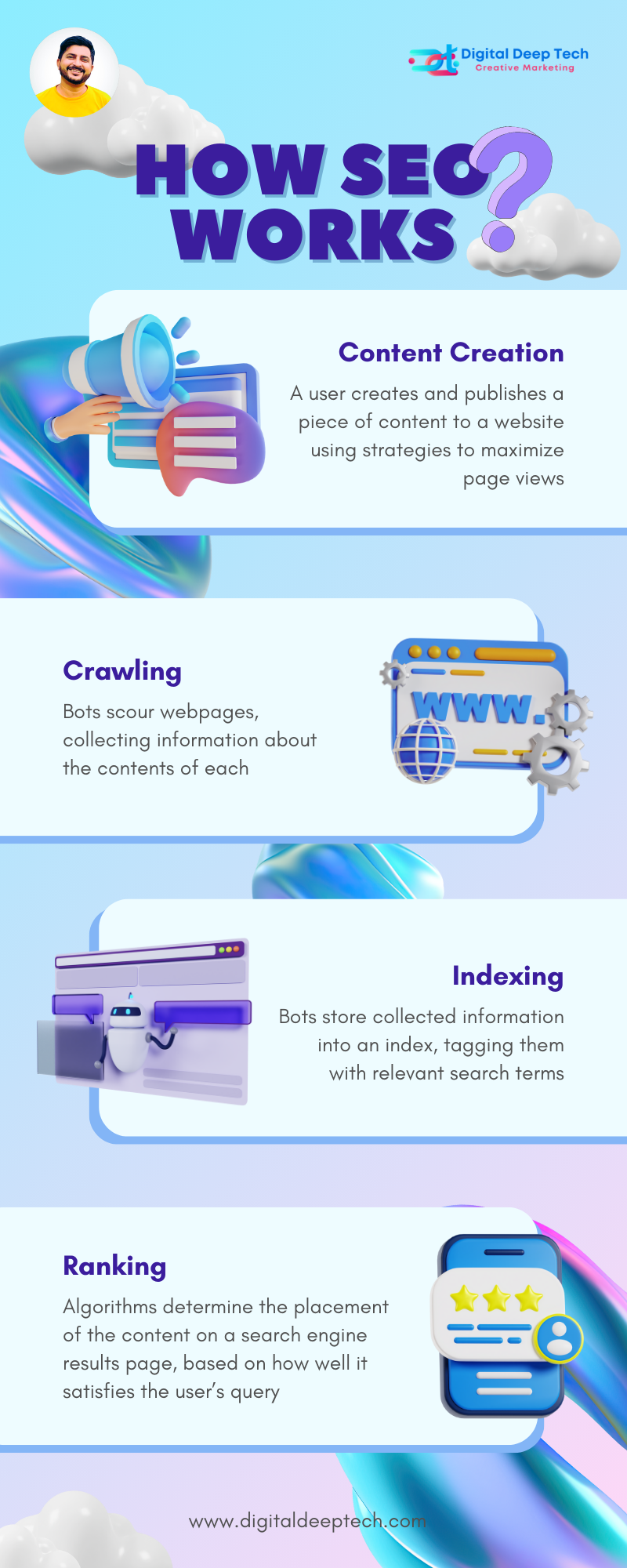
My Personal Experience with SEO
I really didn’t know how crucial SEO was for business growth when I started Digital Deep Tech. At that time, the site was ranking nothing on anything, though I had a pretty good content offering. And I realized that without optimized in every one of its aspects, great content was enough.
I spent hours reading up on SEO trends, testing strategies, and watching the results. My first major victory was getting a plumber’s site ranked for highly competitive keywords such as “plumber Sydney.” Within three months, the plumbing company was getting 10 times more leads than before. From then, I knew SEO was something every business ought to invest in.
How to Begin Implementing SEO?
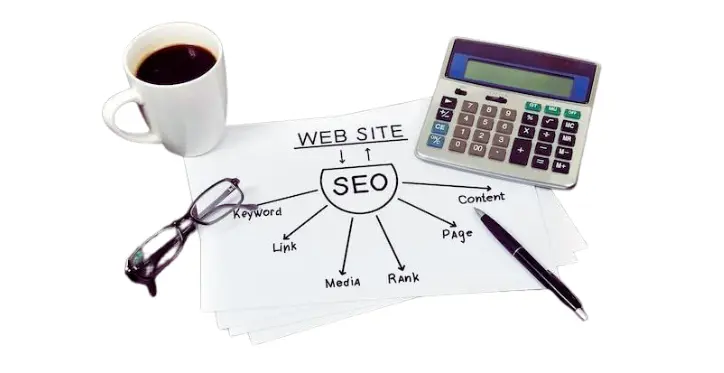
Alright, let’s dive right into the actions we can take to improve SEO and push ranking up in Google.
Let's Discuss Your Project
Get a free one-month consultation and share your vision for digital marketing with us.
1. Start with Strong Keyword Research
SEO starts with a good keyword selection. You can get started by finding what keywords your audience is looking for with Google Keyword Planner, Ahrefs, or Ubersuggest.
Long-tail keyword focus (3+ words) Because it’s generally easier to rank for long-tail keywords and often represents stronger intent. Take the broad term “SEO” and instead focus on “local SEO expert in Sydney.”
2. Optimize On-Page SEO

On-page SEO optimization ensures that Google can read, index, and understand your content.
Use your primary keyword in title tags and meta description. It is the text that will appear in the search engine.
Split your content into Headings (H1, H2, H3), and make use of keywords within natural flow of headings.
Make your content well-structured and use conversational tone for writing. Do not stuff the keywords. Use it naturally throughout your text.
3. Optimize for Off-Page SEO
Another good way to enhance your SEO is by building high-quality backlinks originating from other different websites. Guest blogging, social media sharing, and industry influencers relationship-building can be applied.
As I often remind my clients, “Backlinks are the currency of trust in SEO.” The more quality links you get pointing to your site, the better your authority will be in Google’s sight.
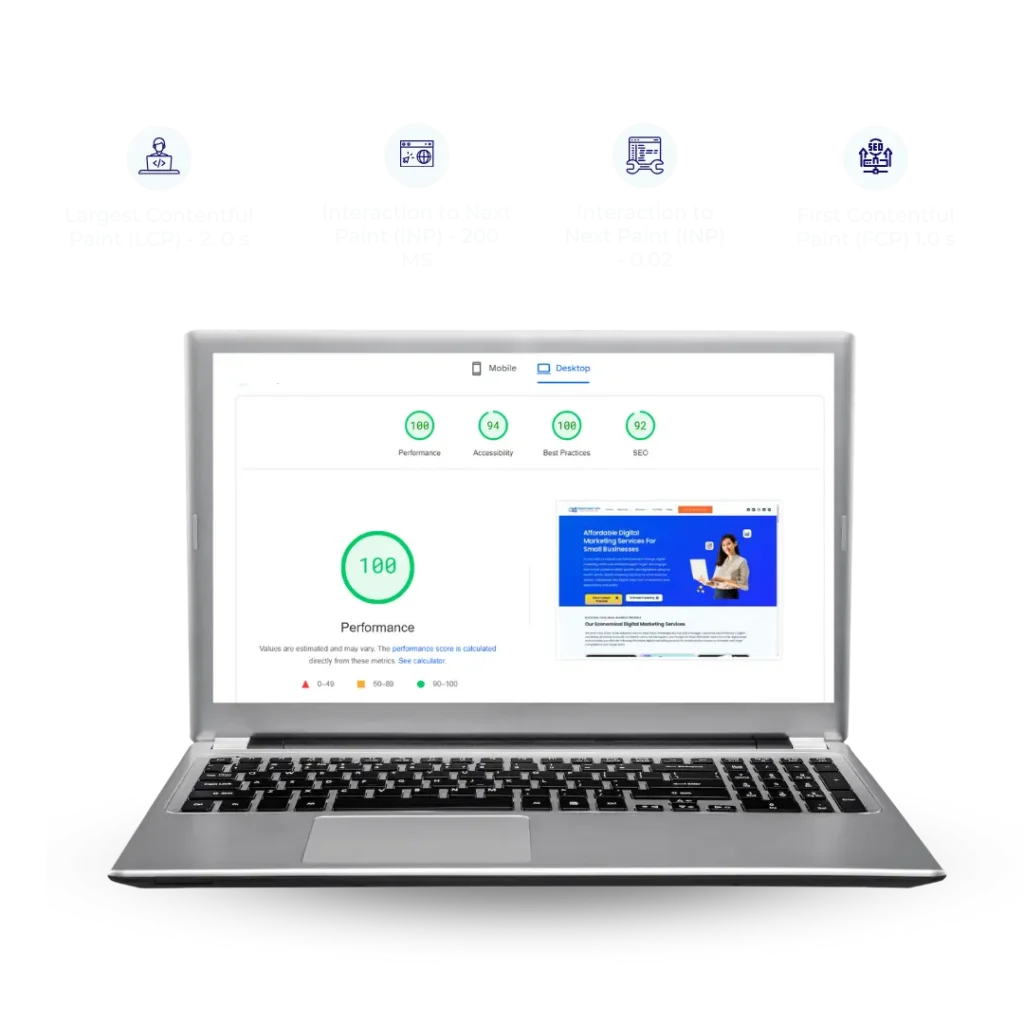
4. Speed and Mobile Optimizations
The Google keywords clearly state that speed and mobile optimized sites must be checked for ranking points. Check your site’s speed through the use of Google PageSpeed Insights; make sure it is responsive too.
In 2020, I optimized the website to go from 8 seconds down to under 3 seconds for one individual client. Result? Their bounce rate decreased by 40%, and they moved up in rankings for key search terms within a month.

5. Monitor Your Results and Continuously Optimize
SEO is a long-term game. So track your performance regularly using tools like Google Analytics and Google Search Console. Keep monitoring your rankings, organic traffic, and keyword performance. As I always say, “SEO is not set-and-forget; it’s a continuous process.”
Conclusion
To put it in perspective, SEO is a part and parcel of any online strategy. It will push you to a higher ranking in search results, and you will enjoy more organic traffic than ever before. In addition, ultimately, with it, your business will grow. We discuss the basic concepts of SEO, why it matters, and how you can start optimizing your website today.
Next lesson, we are going deep into keyword research, where I will show you how to find the best keywords to target for your website. Keep learning and practicing so that your online presence takes off.
FAQs
1. What is SEO?
SEO stands for Search Engine Optimization.
2. How does SEO work?
SEO works by optimizing various aspects of your website so search engines like Google can easily find and rank it higher in search results.
3. Is SEO important to all websites?
Yes! Be it a personal blog or an e-commerce store or for local businesses, SEO is important for organic traffic.
4. How long will it take to see results from SEO?
For instance, it will take 3-6 months to see the major results; however, it will depend on your type of business, as well as competition.
5. Explain on-page and off-page SEO.
Do you understand what on-page and off-page SEO are? On-page SEO would be the optimization of elements within your website (content, titles, etc.). As for off-page SEO, which are factors that are external like backlinks and social signals.

About the Author
Deepak Sharma is the founder of Digital Deep Tech and a renowned SEO and digital marketing expert with over a decade of experience. Passionate about helping businesses enhance their online presence, Deepak specializes in creating SEO strategies that drive traffic and generate leads.

